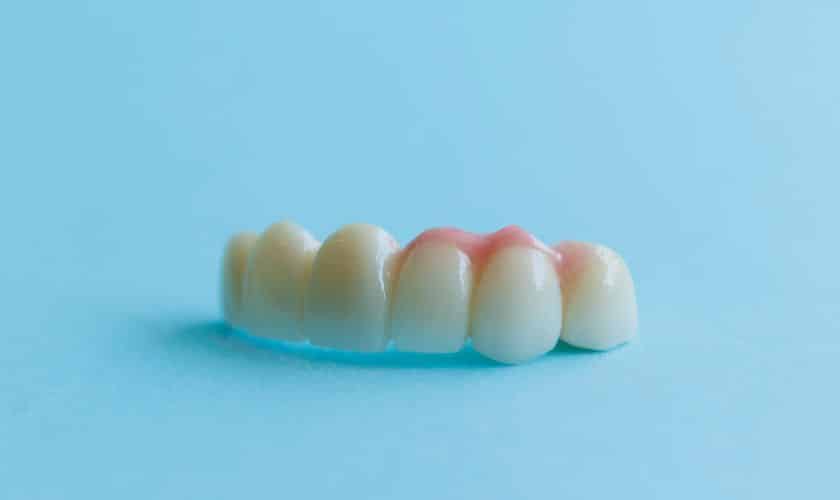
If you want to maintain good oral health, then taking care of your dental bridges should be one of your top priorities. A dental bridge is a structure that replaces the gap between two teeth caused by a missing tooth or teeth. Taking proper care of your dental bridges will help ensure that they last longer and don’t require any costly repairs or replacements in the future. In this article, we will discuss some tips on how to take care of dental bridges so that you can enjoy having them for many years to come.
A dental bridge is an excellent way to replace missing teeth while maintaining proper oral hygiene and preventing bacteria buildup in existing teeth. But, like anything else, taking care of your bridges requires effort and dedication. Here are some tips on how to properly care for your dental bridges and keep them in good condition:
Dental Bridges Care Tips
Taking care of your dental bridges is essential to ensure the procedure stays in use for a long time. Here are some tips you can use to keep your dental bridges clean and functional for a long time:
1. Brushing Regularly
The best way to take care of your dental bridges is by brushing twice daily with fluoride-based toothpaste and a soft-bristled brush. Make sure you clean the area around the bridge and all other areas of your mouth, including between teeth and the gum line. This will help prevent bacteria buildup and tooth decay.
2. Flossing Carefully
Even though it can be difficult to floss around a bridge, you need to do so to remove plaque and food particles that may have gotten stuck around the bridge. If you find it hard to floss normally, try using an interdental brush or special bridge flossers designed specifically for this purpose.
3. Visiting Your Dentist Regularly
It is highly recommended that you visit your dentist every six months or whenever necessary to get a professional cleaning and checkup on your dental bridges. During the visit, your dentist will clean away any built-up plaque and bacteria from your bridges, and if needed, they will apply a fluoride treatment to help protect your teeth from decay.
4. Avoiding Hard & Sticky Foods
It’s essential to be aware of foods that are hard or sticky as these can cause damage to the bridge itself, as well as the other teeth in your mouth. So try to avoid chewy candies, pretzels, and tough meats when you have a bridge installed.
5. Wearing A Mouthguard When Necessary
If you’re engaging in any contact sport, such as football, boxing, or hockey, it is important to wear a mouthguard. A custom-fitted mouthguard protects your dental bridges from potential trauma or damage. This will help keep your bridges safe and in place.
The Bottom Line
Taking care of your dental bridges is essential if you want to keep them in good condition and not need additional repairs or replacements in the near future. By brushing regularly, flossing carefully, visiting your dentist frequently, and avoiding hard and sticky foods, you can ensure that your bridges stay healthy and strong for many years.
FAQs
Q1: How often should I visit my dentist when I have a bridge?
A1: You should visit your dentist every six months or whenever necessary for a checkup on your dental bridges. Your dentist will evaluate your condition and offer any advice or treatments that may be needed.
Q2: Can I still eat hard and sticky foods with a bridge?
A2: While eating some hard and sticky foods is possible, it is best to avoid them as much as possible. These types of foods can cause damage to the bridge itself and the other teeth in your mouth.
Q3: Do I need to wear a mouthguard when playing contact sports?
A3: Yes, if you are engaging in any type of contact sport, such as football, boxing, or hockey, you should wear a custom-fitted mouthguard to protect your dental bridges from any potential trauma or damage.
